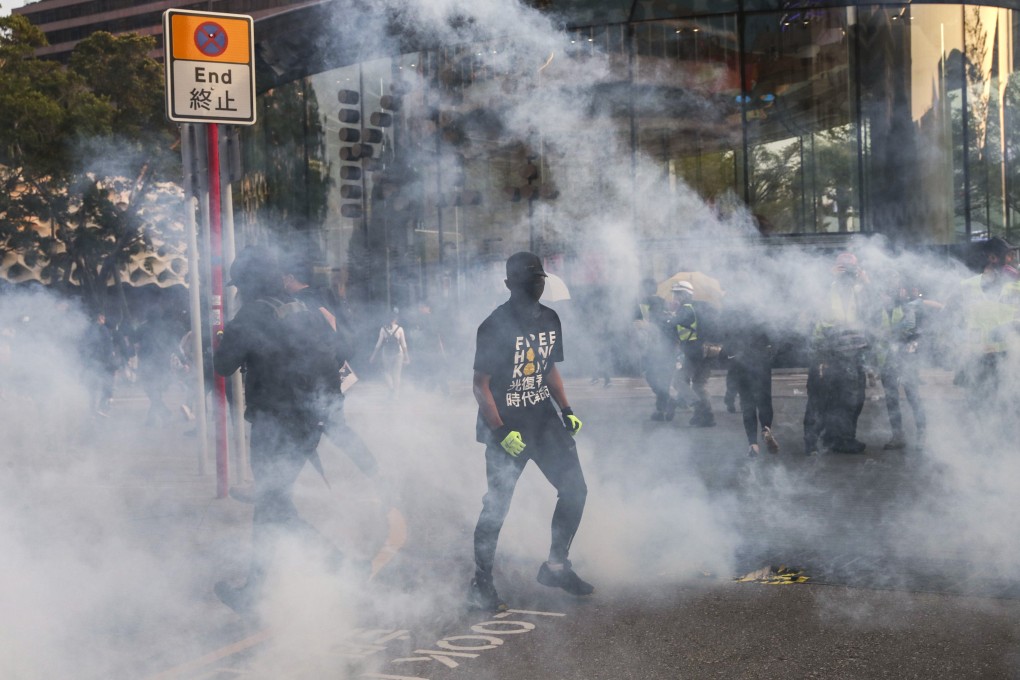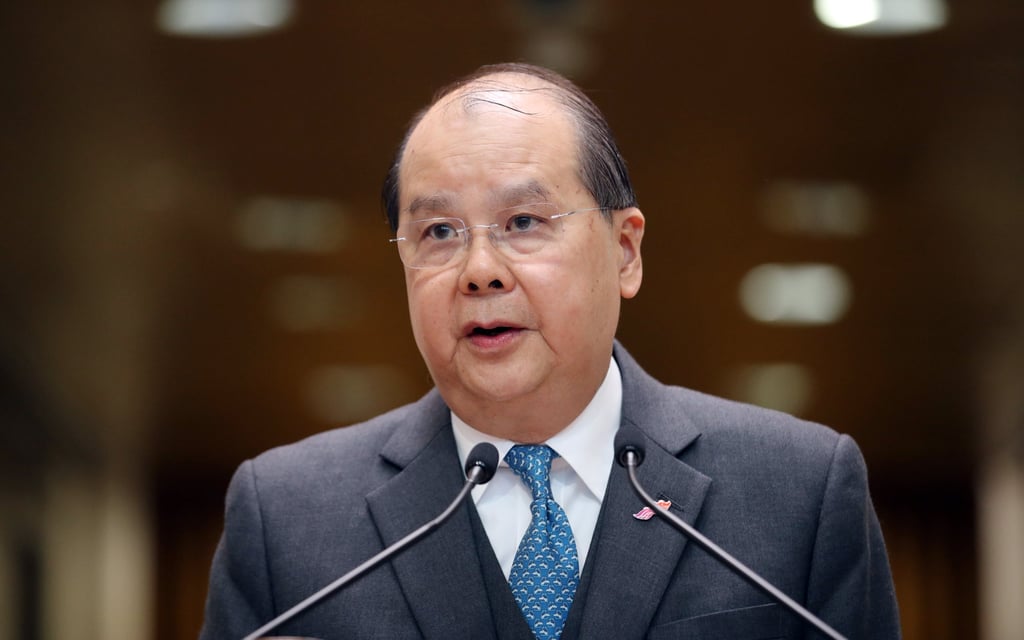Hong Kong authorities could tighten limits on number of legal aid cases individual lawyers can take on as pressure rises for reform of system
- Potential measure part of ongoing review which is expected to be completed within this year, city’s No 2 official reveals
- Pro-establishment legislators continue to pile pressure on officials for reform of publicly funded Legal Aid Department

Hong Kong authorities could impose a tighter limit on the number of legal aid cases an individual lawyer can take on, amid rising pressure from legislators to reform the system to stop its “abuse” by anti-government protesters.
The possible measure was part of an ongoing review of the city’s challenged legal aid system that was expected to be completed within this year, Chief Secretary Matthew Cheung Kin-chung told lawmakers on Wednesday.
The revelation came as pro-establishment legislators again piled pressure on officials for reform of the publicly funded Legal Aid Department during a Legislative Council meeting.
Elizabeth Quat of the Democratic Alliance for the Betterment and Progress of Hong Kong (DAB) expressed concern that the system had been abused, as fewer than 30 counsel among 1,171 on the panel of lawyers were assigned to handle about 80 judicial review-related legal aid cases in the past two years.

Federation of Trade Unions lawmaker Michael Luk Chung-hung cited the high-profile case of a female protester, known as “K”, who claimed to have been shot in the eye by police in August 2019 and was later granted legal aid to initiate court action to block the force from accessing her medical records.